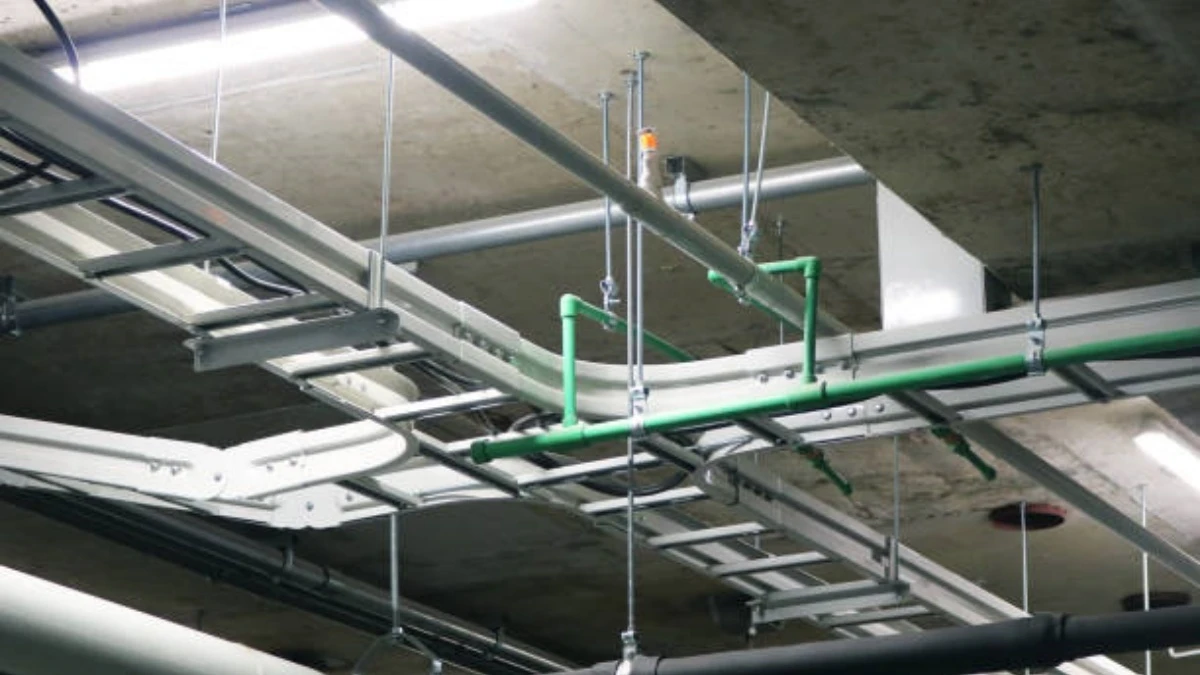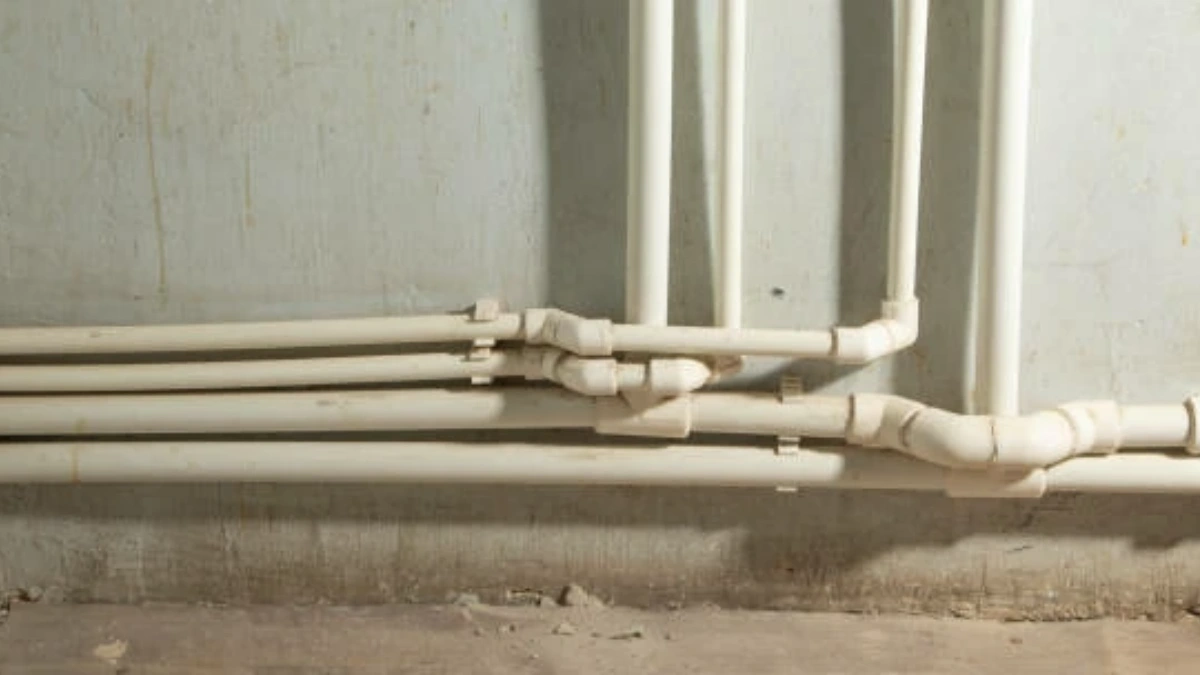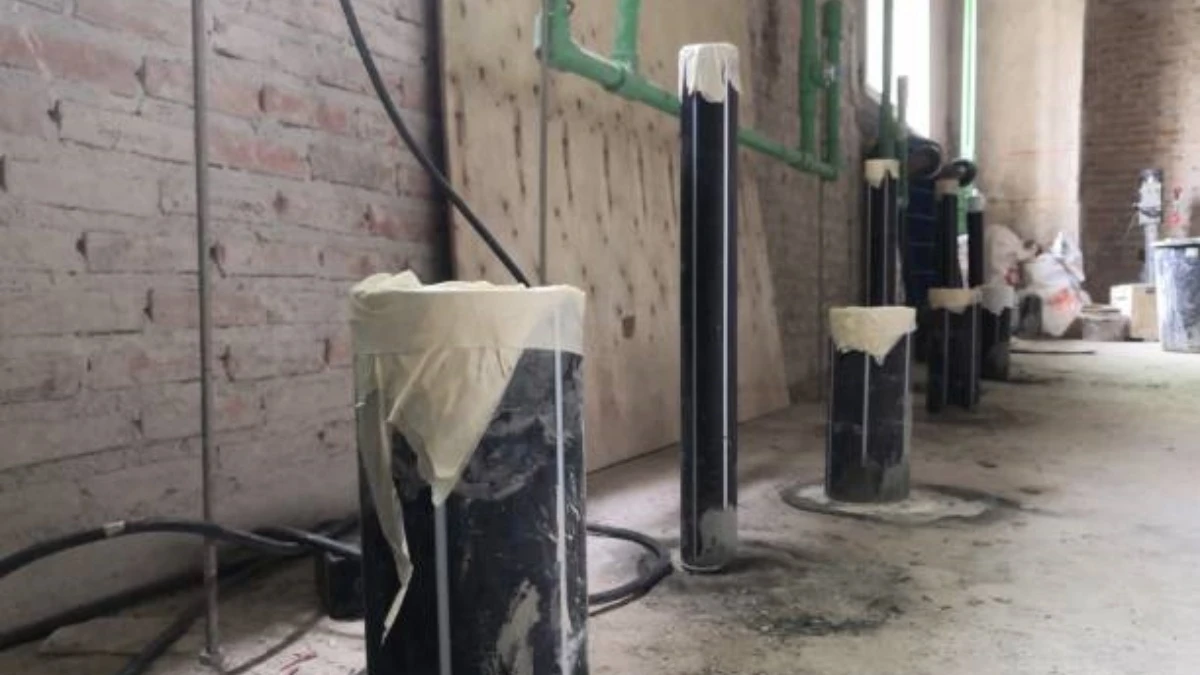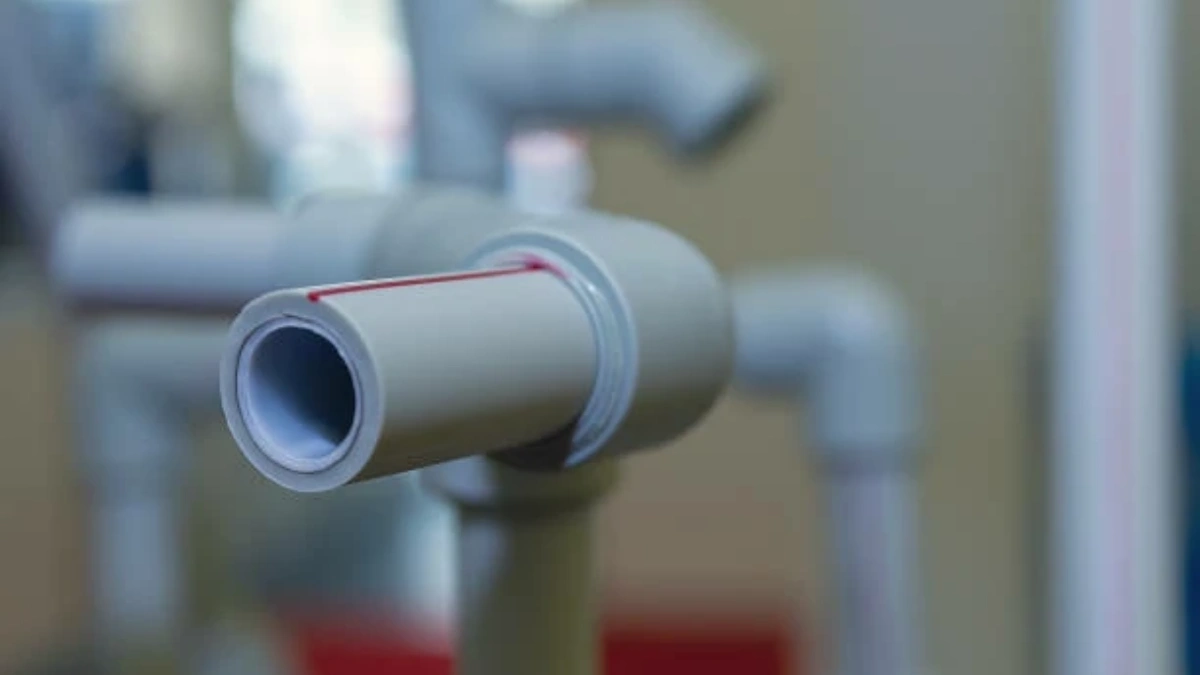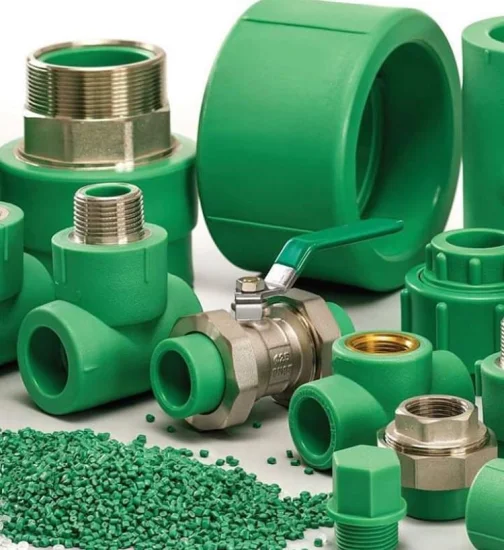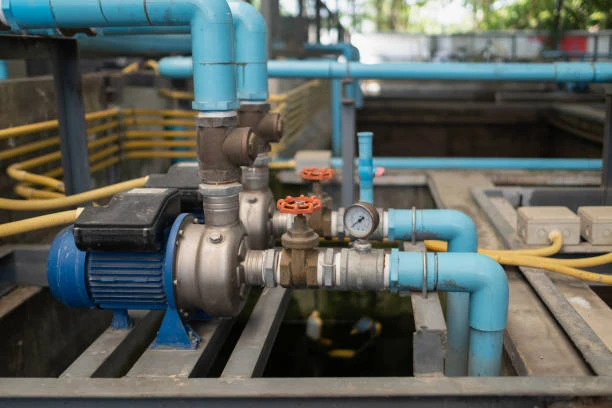A damaged valve caused a significant propane leak on Madison’s east side, prompting swift action from the Madison Fire Department (MFD) and local emergency services. Propane leaks pose severe risks, including explosions and health hazards, making prompt response and effective repairs critical.
This article delves into the incident, the causes behind the damaged valve, the steps taken to mitigate the situation, and the importance of maintaining valve integrity in propane systems.
What Happened in Madison?
The Incident
On [specific date], emergency services received multiple reports of a strong propane odor near a residential area on Madison’s east side. Upon arrival, the MFD identified a damaged valve in a large propane storage tank as the source of the leak.
Immediate Response
- Evacuation: Authorities evacuated nearby homes and businesses to ensure public safety.
- Containment: Firefighters used specialized tools to secure the leak temporarily and prevent further propane release.
- Valve Repair: A team of experts repaired the damaged valve, restoring the system to a safe state.
The situation was resolved without injuries, highlighting the importance of timely intervention and skilled personnel.
Understanding Propane System Valves
What Are Propane Valves?
Propane valves control the flow of propane in storage tanks and pipelines. They are critical for safety, ensuring that propane flows only when intended and preventing leaks.
Common Types of Propane Valves
- Service Valve: Controls the flow of propane from the tank.
- Relief Valve: Releases pressure if the tank becomes over-pressurized.
- Filler Valve: Allows safe refilling of the tank.
- Shutoff Valve: Provides an emergency mechanism to stop propane flow.
Why Valves Can Get Damaged
- Corrosion: Prolonged exposure to moisture can weaken valve materials.
- Mechanical Stress: Over-tightening or accidental impacts can deform valve components.
- Wear and Tear: Frequent use or lack of maintenance can lead to degradation.
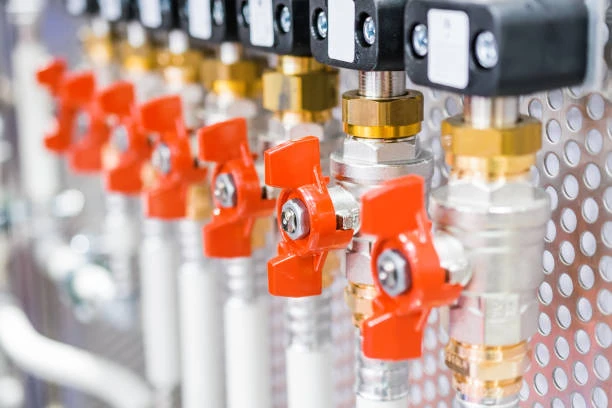
The Risks of a Damaged Valve in Propane Systems
A damaged valve poses several serious risks:
1. Propane Leaks
Propane is highly flammable, and leaks can lead to explosions or fires if ignited.
2. Health Hazards
Inhalation of propane can cause dizziness, respiratory issues, and, in high concentrations, asphyxiation.
3. Environmental Impact
Propane leaks contribute to environmental pollution, affecting air quality.
4. Structural Damage
If a leak leads to an explosion, it can cause significant damage to nearby structures.
How the MFD Handled the Damaged Valve
Step 1: Leak Detection
Using gas detectors, the MFD pinpointed the location of the leak, ensuring accurate containment measures.
Step 2: Temporary Sealing
To prevent further propane escape, firefighters applied a temporary seal using specialized tools and materials.
Step 3: Valve Repair
Certified technicians replaced the damaged valve with a new one, ensuring the system’s safety and functionality.
Step 4: Safety Checks
Before declaring the area safe, the team conducted pressure tests and leak inspections to verify the repair’s success.
Preventing Damaged Valves in Propane Systems
Regular maintenance and proactive measures can prevent valve damage and mitigate risks.
1. Regular Inspections
Schedule periodic checks to identify signs of wear, corrosion, or other issues.
2. Protective Coatings
Apply anti-corrosion coatings to valves exposed to harsh environmental conditions.
3. Avoid Over-Tightening
When operating valves, follow manufacturer guidelines to prevent mechanical stress.
4. Emergency Preparedness
Equip propane systems with functional shutoff valves and train personnel in emergency response procedures.
Case Studies: Lessons from Other Incidents
1. Propane Leak in Texas
In 2020, a propane leak caused by a damaged valve led to a fire that destroyed multiple homes. The investigation revealed poor maintenance as the primary cause, emphasizing the need for regular inspections.
2. Industrial Accident in Canada
A manufacturing plant experienced an explosion due to a relief valve failure. The incident prompted stricter regulations on valve quality and testing.
Importance of Skilled Emergency Response
The Madison incident underscores the critical role of trained professionals in handling propane leaks. Fire departments and technicians must be equipped with the right tools and knowledge to address such situations promptly.
Moving Forward: Enhancing Safety Measures
To prevent future incidents like the Madison propane leak, stakeholders must adopt a multi-faceted approach:
- Stronger Regulations: Implement stricter standards for valve manufacturing and testing.
- Public Awareness: Educate consumers about propane safety and maintenance.
- Advanced Technology: Use smart valves with real-time monitoring to detect leaks early.
- Emergency Training: Conduct regular drills for first responders and communities.
Conclusion
The propane leak on Madison’s east side, caused by a damaged valve, highlights the importance of proper maintenance and swift emergency response. Thanks to the efforts of the Madison Fire Department and repair teams, the situation was resolved without casualties.
By prioritizing valve integrity and embracing advanced safety measures, communities can minimize the risks associated with propane systems and ensure a safer future for all.
FAQs
1. What caused the propane leak in Madison?
The leak was caused by a damaged valve in a propane storage tank, which allowed propane to escape into the atmosphere.
2. What are the risks of a propane leak?
Propane leaks pose risks such as explosions, fires, health hazards, and environmental pollution.
3. How can damaged valves in propane systems be prevented?
Regular inspections, protective coatings, proper operation, and emergency preparedness can help prevent valve damage.
4. What steps did the Madison Fire Department take to address the leak?
The MFD evacuated the area, sealed the leak temporarily, and coordinated with technicians to repair the damaged valve.
5. Are there advanced technologies to prevent propane leaks?
Yes, smart valves equipped with sensors and IoT capabilities can detect leaks early and provide real-time monitoring for enhanced safety.
By addressing these concerns and maintaining a focus on proactive safety measures, communities can better manage propane systems and reduce the risks associated with damaged valves.








